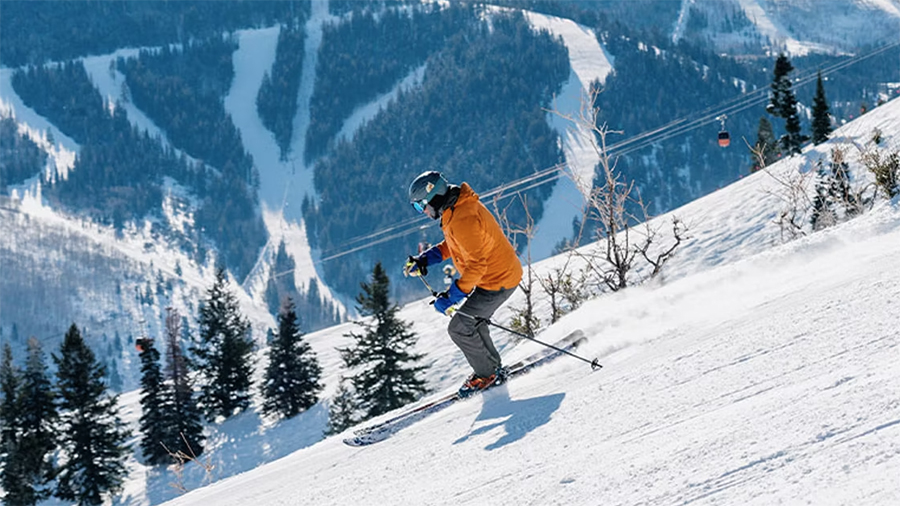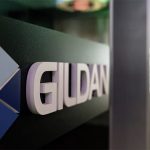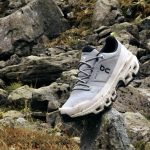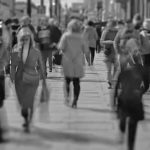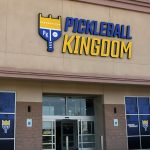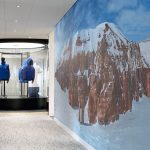The National Ski Areas Association (NSAA) is reporting preliminary data indicates that the 2024-25 season marked the second-highest visitation on record at U.S. ski areas, with a total of 61.5 million skier visits – a 1.7 percent increase over the previous season.
The numbers only trail the record-setting 2022-23 season by 3.9 million visits, or just under 6 percent. However, NSAA said that post-Covid surge was widely considered an anomaly across the travel and recreation industries.
A skier visit is counted each time an individual uses a lift ticket or pass at a ski area. The current total is preliminary, as several ski areas have extended their seasons. NSAA said it will continue collecting updated data as those ski areas close for winter operations and will revise the data once final numbers are compiled.
NSAA has tracked skier visits since the 1978-79 season; historical visitation data can be found here.
What the Number Means
NSAA explained that skier visits are a key performance indicator for the ski industry.
This season’s record suggests that the U.S. ski industry remains healthy and that demand for outdoor recreation continues to be strong, NSAA said in a media release.
Factors contributing to this season’s growth include:
- Increased visits at small and medium sized ski areas, a record-setting year in the Pacific Northwest;
- A rebound in the Midwest following a dip last season; and
- Continued growth in season passes and frequency-based products.
The number of operating ski areas also rose from 484 last season to 492 this season, marking another positive indicator.
“Several years ago, we set an ambitious goal of reaching a three-year rolling average of 60 million skier visits. We’ve now surpassed that benchmark for four consecutive seasons,” said NSAA President and CEO Michael Reitzell. “While weather will always be unpredictable, this year was less volatile overall, and nearly every region saw solid snowfall.”
He said the 2024-25 season may come to represent a new baseline for the industry.
“Even if ‘normal’ continues to evolve, this season gives us a strong point of reference for what steady, healthy growth looks like,” said Reitzell.
Regional Impacts
NSAA divides the country into six regions. The top three regions saw strong seasons:
- The Pacific Northwest recorded its best season on record, with 4.7 million skier visits — a 10.9 percent increase over the previous year;
- The Midwest also experienced strong rebound, with a 21.8 percent increase in skier visits after a 26.7 percent decline the prior season due to unseasonably warm weather; and
- The Rocky Mountain region, which accounted for 42.9 percent of all national visits in 2024-25, also had a strong shoring, ranking third out of 47 seasons on record.
Snowfall
Historically, fluctuations in skier visit numbers could be correlated with snowfall; more snow generally meant more skier visits. Average snowfall at ski areas nationally totaled 150”, which was a slight 6.9 percent decrease year-over-year, and less than the 10-year average of 175”.
Regionally, snow was below the 10-yr average in the Rocky Mountain, Pacific Southwest, and Pacific Northwest regions. The Southeast and Midwest Regions were slightly above average, and right on average in the Northeast.
Capital Investment
Capital investment by U.S. ski areas totaled $624.4 million during the 2024-25 season, based on reported investment data from 135 responding areas. As in previous years, the highest percentage of capital expenditures was directed toward lift infrastructure, with 97 new and upgraded lifts installed at ski areas nationwide.
Surveyed ski areas also reported that projects for next winter are already underway this spring, with $560.7 million in capital spending projected for the 2025-26 season, including plans for 47 new lifts and 70 lift upgrades.
In 2024-25, the average ski area reinvested approximately $21.11 per skier visit back into operations, continuing a trend that exceeds the five-season average of $20.37 per skier visit. With an average ticket yield of $75 per visit, roughly 28 percent of every lift ticket or pass sale was reinvested into ski area infrastructure and improvements.
Season Passes Holding Strong
Season passes remain the primary access product used by skiers and riders. Season pass holders made up 49 percent of visits nationally, with standard day lift tickets claiming 32 percent of visits. The balance is claimed by frequency products, off-duty employees, complimentary products, etc.
Image courtesy Park City Resort

